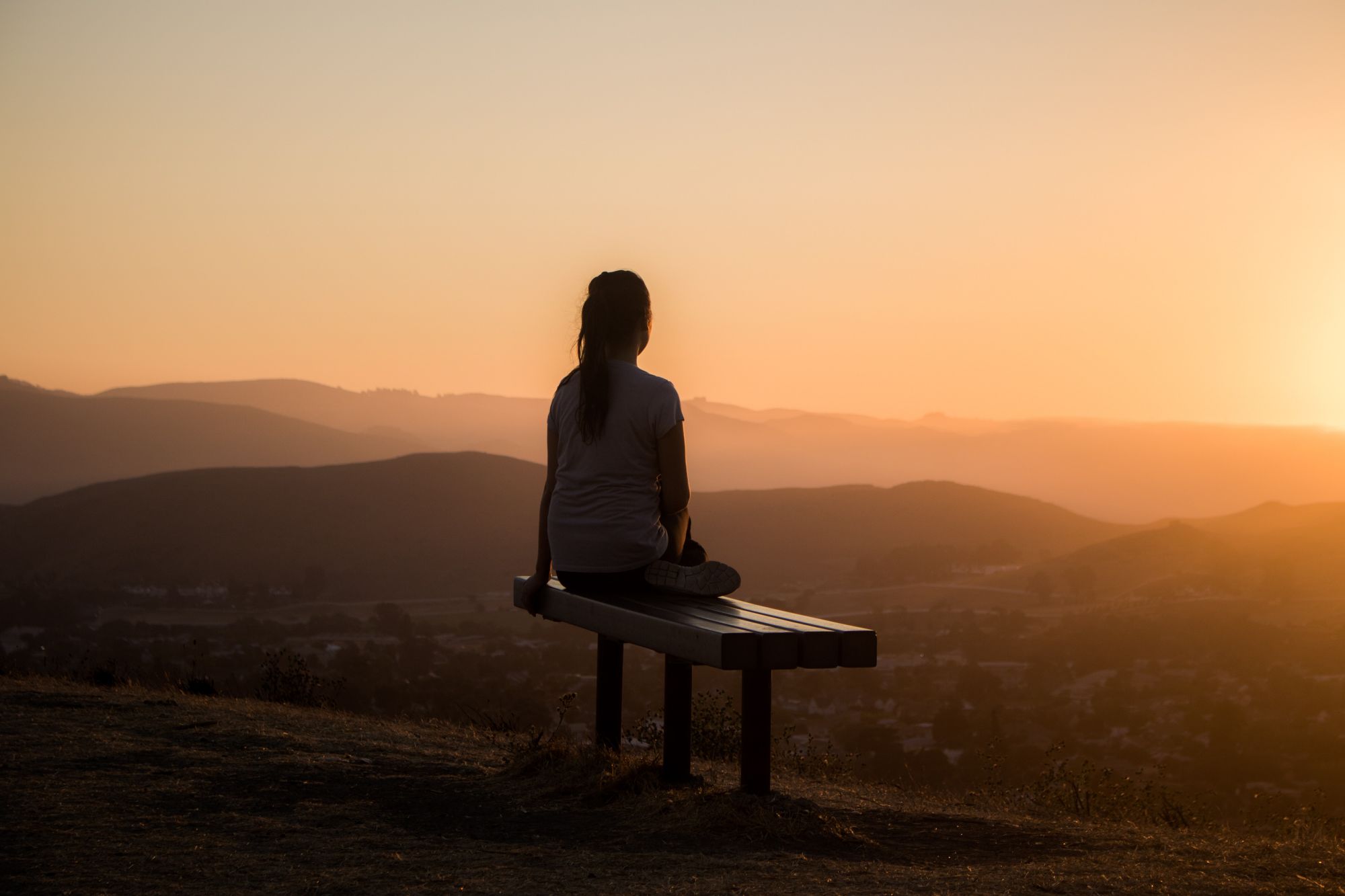The writer is an Indian who grew up in Kobe, Japan but found herself moving to other parts of the world from her teenage years onwards. Below, she shares her experience of living in various parts of the world while seeking to establish her own identity
Covid-19 has demonstrated that time on earth can be fleeting, family is important, and life, unpredictable. Being stuck on this beautiful red dot has given birth to a range of sentiments from gratitude to depression. Some miss family, others the desire to be spontaneous and free. Conversations around ethnicity, values and where we come from is emerging. This struggle of being home and simultaneously lost is what many of us are experiencing.
An Indian in Japan
Growing up in Kobe, Japan, we were one of a few Indian families with roots in the country. It was the birthplace of my father, and home to my paternal grandparents. We were all Indian passport holders (at that time foreigners were rarely granted citizenship) but this was home and had been since 1950. My grandfather was in Shanghai before the war ended and started his family and trading business in Kobe. This idyllic city was where our family home was built and where we had lived for over 50 years.
When I was a teen, my father received an opportunity to move us to New Delhi, India. I was devastated to be leaving my home, friends and everything I knew. My mother, who grew up in India, was thrilled to be closer to family. It was a struggle to return to a county that I was ethnically from but had little connection to. To make the mix more complicated, I am a Parsi Zoroastrian, or descendants of those who fled to India from Muslim persecution in Persia during the 7th and 8th centuries.
A Non-Japanese in India
In New Delhi, I attended the American Embassy School, full of kids from diverse nationalities. During UN Day, I recall feeling unsure who to join; the Indians, or the Japanese? I clearly didn’t look Japanese, but I didn’t feel very Indian either. Could I be both Japanese and Indian? If my family was in America for 50 years, I would be American. If I grew up in the United Kingdom I could probably assimilate with the English. But there I was, stuck among several cultures. How was I to distinguish myself? Eventually, I graduated, attended university in Canada and Spain before going back to India and finally, moving to Singapore in 2006. As I lived, worked and absorbed so much from everywhere I lived, it began to form permanent pieces that would eventually make me proud of simply being from everywhere.

The Need to Define
Technology ties us all together making the world smaller and everyone more connected, but Covid-19 has taken a dramatic step to close borders, restrict movement and makes us pause and question where home is, and where we want to be. We crave familiarity with sounds, smells, landscape, climate and affiliation to things we grew up with. This internal struggle to have to define who we are, and what matters most to us is very relevant today and prevalent in our daily conversations.
Some people feel pressured to define and give context to how they were raised to justify their life choices. I hear of people disowning their native countries for fear of prejudice or negative perception. I talk to young adults who disregard their parent’s culture as if it doesn’t define who they are. We can be from multiple places, we can be made up of many parts and that ultimately makes us unique, diverse, interesting and sure, maybe a little confused.
I often envy people who have a clear sense of identity to a certain country; its food, sports teams, culture, history, and value. Yet often I feel the ability to have an association to numerous homes and countries is also beneficial to my growth. One that makes you a citizen of everywhere and nowhere simultaneously. To adapt, flex and be comfortable in different environments alleviates the pressure to return to the single thing that defines us. We need to be proud of being a little of everything instead of worrying what the judgement may be, by exposing where we come from.

